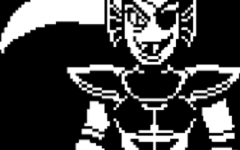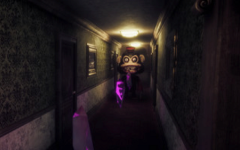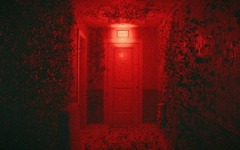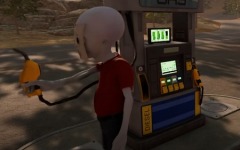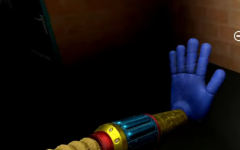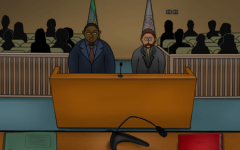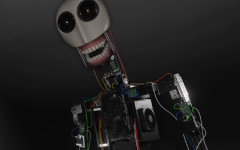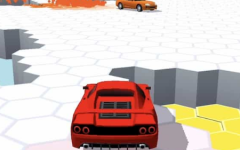Advertisement
Doppelpartment
Advertisement

Doppelpartment follows the daily routine of a building supervisor trying to hold things together as reality begins to erode. You begin by greeting familiar tenants, collecting rent, and keeping the elevator running. It’s a dull but manageable job—until a soldier knocks on your door and tells you some residents have been replaced. Not evicted. Not moved out. Replaced. The rules of your work stay the same, but your understanding of the building starts to shift.
Watching for What Shouldn’t Be There
Each floor you visit presents faces you’ve seen before—but suddenly they feel wrong. A voice changes slightly. Someone forgets your name. Another resident doesn’t remember saying what they said yesterday. The unease grows not because anything jumps out, but because nothing needs to. The repetition of normal behavior, done just slightly off, becomes the source of growing suspicion. You are told to watch carefully. But you’re not given any certainty.
Interactions That Carry Weight
As you work through each day, your choices begin to shape your role:
- Investigating strange tenant behavior
- Deciding who to report and who to protect
- Balancing compassion with obedience
- Checking apartments more than necessary
- Letting fear control your judgment—or not
These decisions build toward a range of outcomes, with the world adjusting quietly around you.
A Reality That Slowly Breaks
The building’s mood begins to shift with yours. Background noise starts to bend. Lights flicker on a delay. The elevator hesitates before closing. None of it is dramatic—but none of it feels safe. Some tenants grow colder, some more familiar than ever. You might start to doubt the warnings you were given. Or worse, you might start to agree with them. The experience becomes less about identifying doppelgangers and more about questioning identity itself.
When Everyone Changes, Who Are You?
Doppelpartment doesn’t end with a clear solution. Depending on your path, you might feel you saved something—or ruined it. Maybe you turned people in who weren’t threats. Maybe you let danger pass. The building stays the same, but who you are at the end may not. In a place where appearances lie, and routine hides horror, the hardest part isn’t finishing the shift. It’s understanding who you’ve become when it’s over.






























































































































